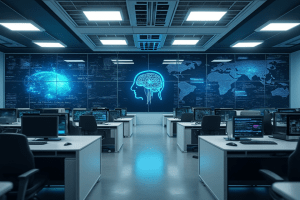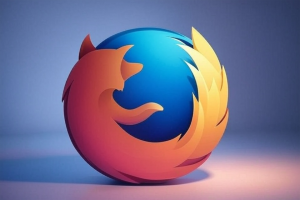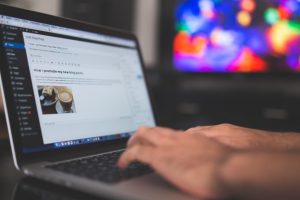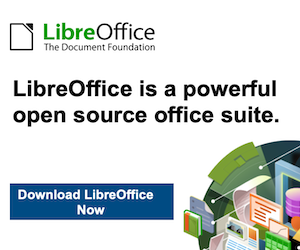Blocking AI models from ripping off internet art is picking up steam across the internet. The issue of text-to-image AI models potentially copying or being trained on artists’ works without consent or compensation has led to significant discussion and the development of tools aimed at protecting artists’ intellectual property.
Here’s how artists and concerned parties are addressing this challenge:
Development of Protective Software:
Tools like Glaze and Nightshade have been developed to help artists protect their work from being exploited by AI models. These tools work by applying a subtle alteration to images that doesn’t affect human perception much but confuses AI models, preventing them from accurately learning or mimicking the artwork’s style.
Glaze essentially remixes the visual style of an image, making it difficult for AI to recognize the original artistic features it was trained on. This software can be adjusted for the intensity of protection, balancing between human visual impact and AI confusion.
Nightshade goes a step further by not only protecting but also potentially poisoning the data for AI models, misguiding them in learning from the image.
Legal and Ethical Advocacy:
There’s a growing movement advocating for legal protections or changes in how AI models are trained.
Artists and advocates argue for stricter regulations or copyright laws that would require AI developers to gain consent or compensate artists whose works are used in training datasets.
Some propose that AI-generated art should not be copyrightable, which could theoretically reduce the incentive for AI companies to use copyrighted material without permission.
Public Awareness and Discussion:
Artists across the web are discussing the ethics of AI art generation, highlighting the lack of consent and compensation as a form of mass copyright infringement or art theft.
There’s a call for boycotts or at least ethical consumption of AI-generated art, emphasizing the importance of supporting original human creators.
Direct Actions by Artists:
Some artists are preemptively using tools like Glaze or Nightshade before sharing their work online. Others are advocating for or engaging in legal actions against AI companies that use their art without permission.
AI Model Developers’ Response:
Some companies like OpenAI have mechanisms for artists to request their work be excluded from training datasets, though this process can be cumbersome and not fully effective against all uses of their data.
There’s an ongoing debate within the tech community about the ethics of data sourcing for AI, with some advocating for synthetic data or explicitly licensed datasets.
The broader conversation around this issue involves balancing technological innovation with the rights of creators. While tools like Glaze and Nightshade offer immediate solutions blocking AI models from ripping off internet art, the long-term resolution might require legislative changes or new ethical standards in AI development. This reflects a broader tension between the rapid advancement of technology and the protection of creative rights in the digital age.






